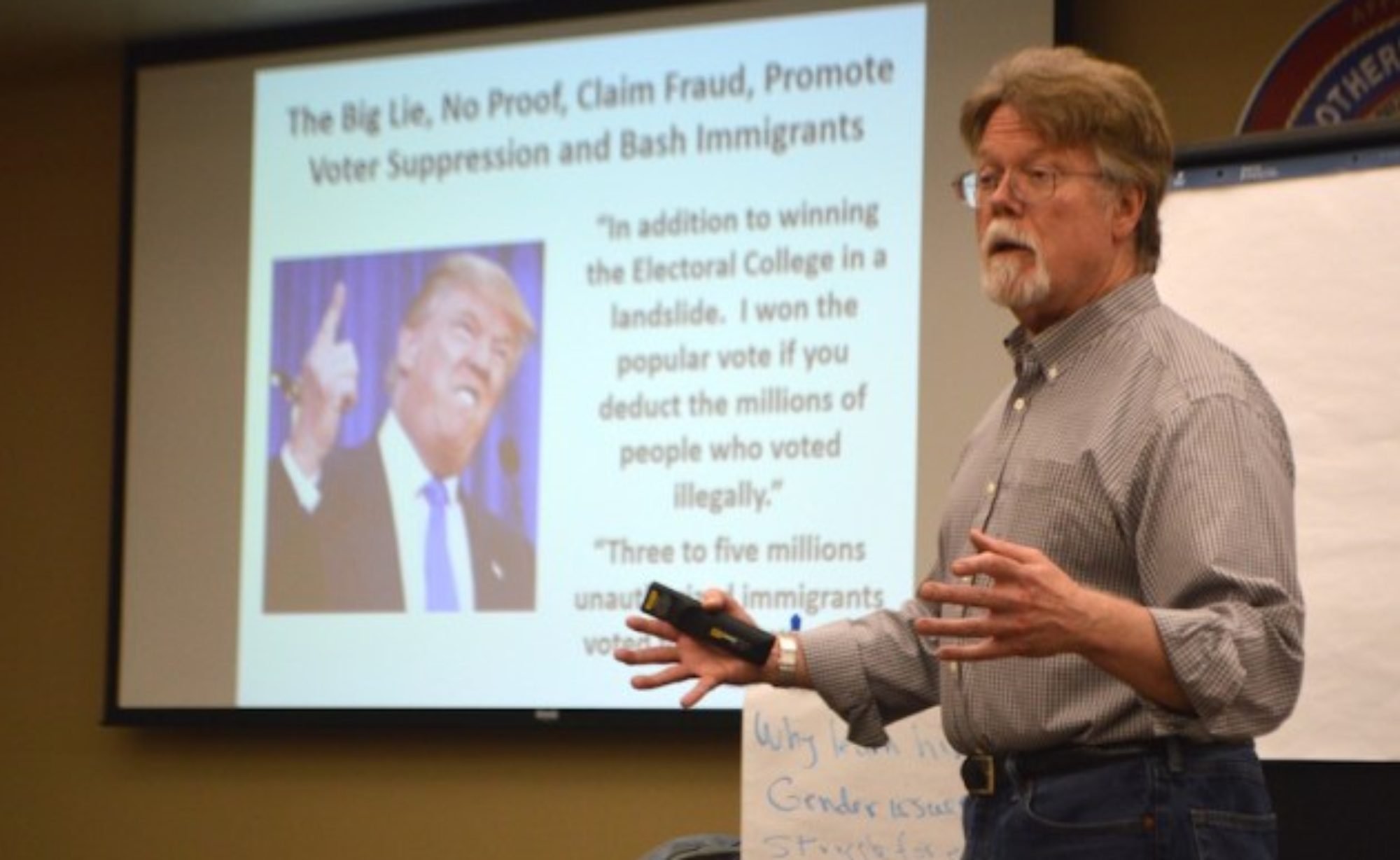We live in difficult times. For more than three decades, working people, seniors, the poor, the young, people of color, women, immigrants and people with disabilities have faced growing threats to our economic well-being and security. Our nation is one of the wealthiest countries in the world and yet tens of millions of us live in poverty, face hunger, fear the loss of our homes or homelessness, worry about affordable quality health care, and hope that our children and grandchildren will receive a quality education. Growing old brings new fears of economic hard times even though we and our ancestors worked for generations to build the great fortunes of our great and wealthy nation. Why?
How can it be that the past three decades of increasing national wealth has resulted in greater economic insecurity and needless suffering? Our country is filled with highly profitable corporations and immensely wealthy individuals, yet we are told that our nation cannot afford to ensure that all of us can live and prosper in genuine economic security and opportunity and in harmony with a healthy environment. Really? This is a lie.
These fears and the people’s struggles to secure a better present and future are not new. Since the 1870s our ancestors and we have faced the economic and political power of corporate America and the wealthy. We have demanded justice, fairness, and economic opportunity and security. It is a relentless battle between two groups of “persons” over how we, the people, will share in our growing national wealth that we help to create. One group is flesh-and-blood human beings who successfully demanded the inalienable rights of life, liberty and the pursuit of happiness stated in our Declaration of Independence. The other group is “non-human persons” called corporations who have been granted by the U.S. Supreme Court many of the same constitutional rights of we flesh-and-blood humans.
In the next three issues of The Advocate, we will explore three periods of American economic and political history: The 1880s to the early 1930s; the early 1930s to the late 1970s; and the late 1970s to the present. We need to better understand the successes and failures of working people and their allies in each period as they worked to build a brighter future filled with growing economic security, opportunity and fairness. We need to learn these critically important lessons of history to help us develop more effective short and long-term strategies to reclaim the American Dream for all people in our nation.
These periods are filled with stories of great people’s victories and defeats. Each period saw the nation’s wealth grow over time, but the periods of the 1880s to the early 1930s and the late 1970s to today were dominated by corporate America. They were plagued by extraordinary levels of income and wealth inequality coupled with high levels of needless economic insecurity and suffering. The early 1930s through the late 1970s saw strong economic growth shared more equitably and growing economic security.
Understanding how our nation moved from a long period of economic injustice to four decades of growing economic justice and then swung back to our current period of growing economic injustice and insecurity is critical to building a better future for ourselves and future generations. These articles are intended to stimulate debate about the road back toward economic justice and a brighter future for all.
